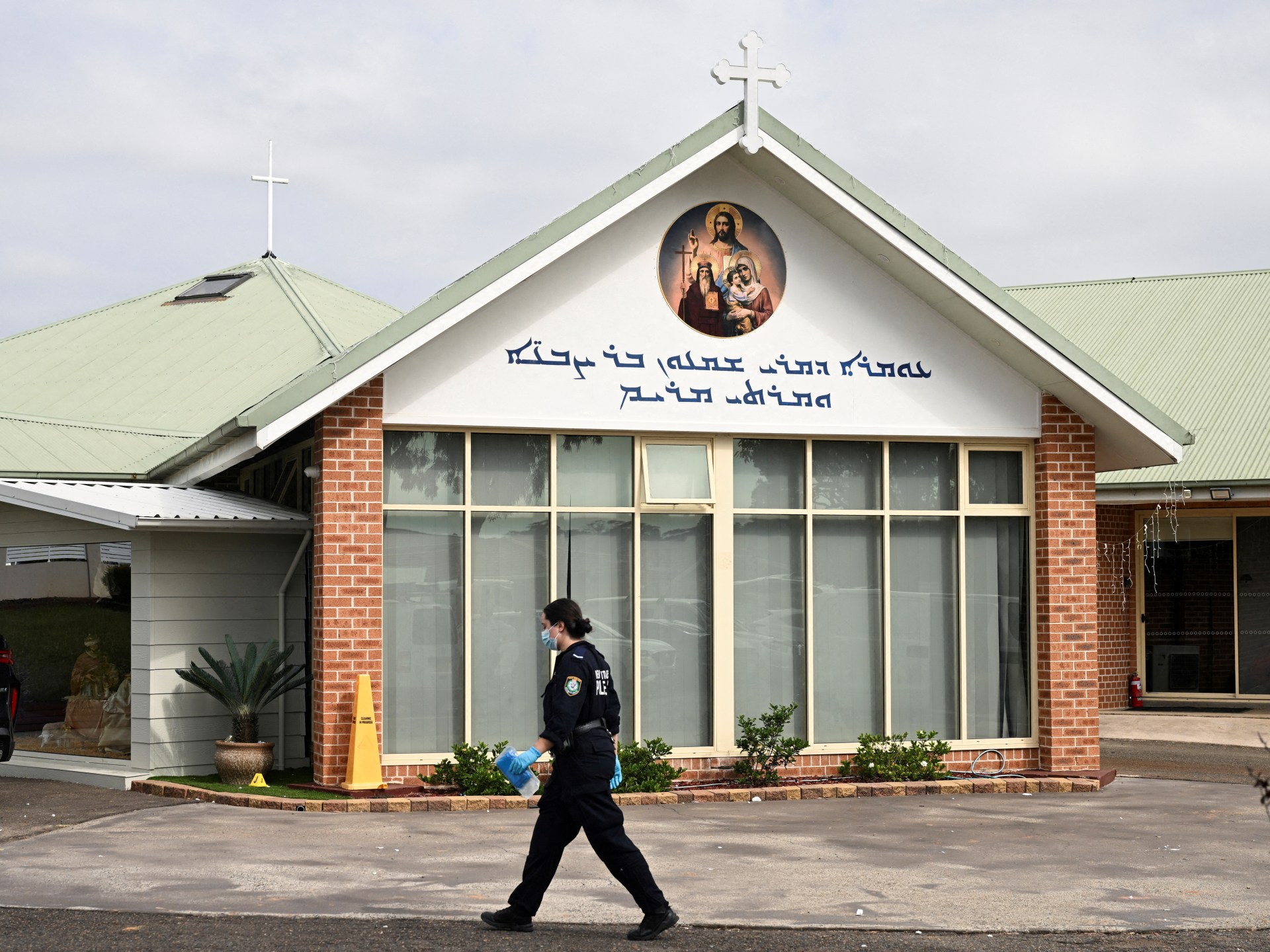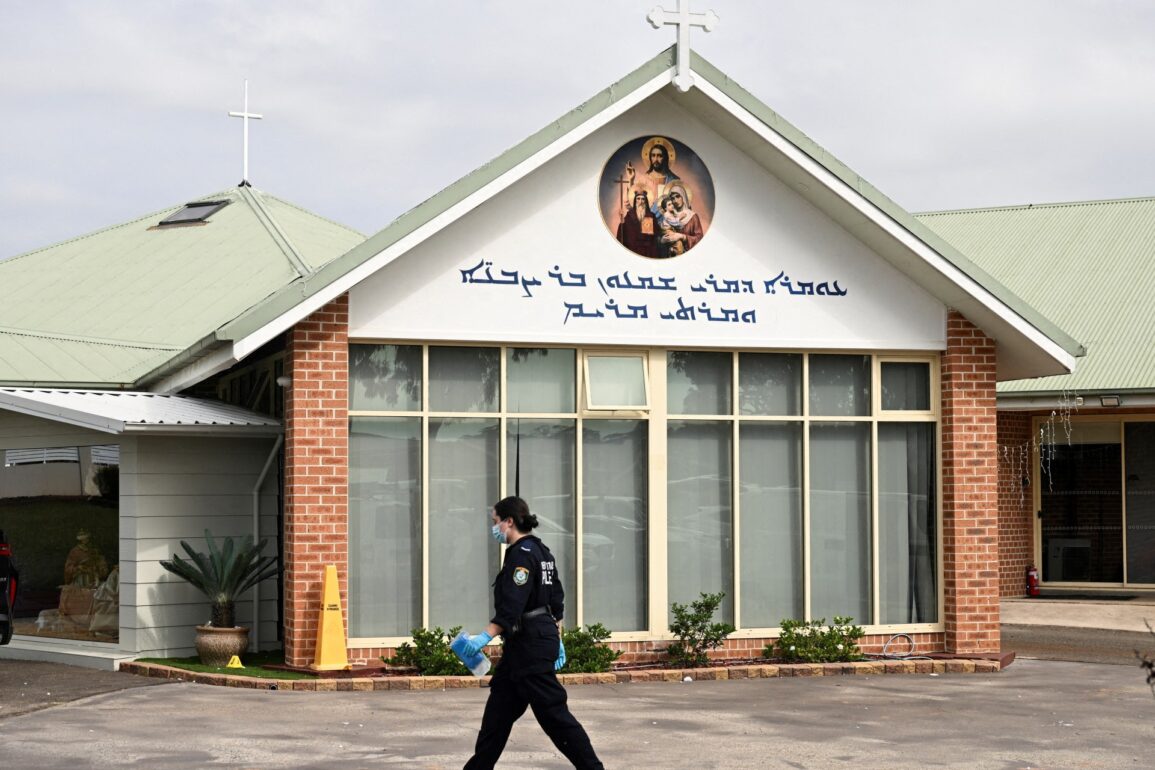
X was alone in insisting on debate on ‘free speech’ following removal of film from social media.
An Australian court has allowed social media to carry a video of April’s stabbing of an Assyrian church bishop in a Sydney church.
In a decision on Monday, Federal Court Judge Geoffrey Kennett said an application by Australia’s cyber-safety regulator to extend a temporary injunction blocking the video, granted last month, had been refused. The attack, which authorities have labelled a terror incident, provoked violent unrest in the Australian city.
Despite the unrest, X owner Elon Musk resisted the ban and, amid a legal tussle, sought to turn the issue into a debate about censorship. Australian officials have criticised his efforts, with Prime Minister Anthony Albanese branding him “an arrogant billionaire” for refusing to take down the video.
“The orders of the court will be that the application to extend the interlocutory injunction … is refused,” Kennett said as he delivered his ruling.
It is unclear whether the judge rejected the extension of the order on procedural or more substantive grounds. The reasons for the judgement will be released later, he said.
The Reuters news agency reported that the case had been listed for a hearing on Wednesday.
Free speech issue
The controversy revolves around the April 15 stabbing in Sydney of Assyrian Orthodox Bishop Mar Mari Emmanuel during a livestreamed sermon.
A 16-year-old has been charged with a terrorism offence in the case.
The video of the attack quickly spread online, including on X. The eSafety Commission then issued a take-down order, saying the video showed explicit violence.
However, in the direct aftermath of the attack, a riot sparked outside the church, with a crowd seeking vigilante justice.
Platforms including Meta, the parent company of Facebook and Instagram, took down the content quickly when asked by authorities.
However, X refused, claiming the issue was one of free speech. It said one country’s rules should not control the internet.
“Only X resisted censoring your voice,” Musk posted to followers after the ruling.
X had offered to “geo-block” the video for Australians, but the country’s regulator told the court last week that the solution was ineffective because a quarter of the population used virtual private networks, or VPNs, that disguised their locations.
The case is seen as an important test of social media platforms’ legal responsibilities and of the use of “geo-blocking”.
Last week, Albanese’s centre-left government announced it would hold a parliamentary inquiry to look into the negative effects of social media, saying it has significant control over what Australians see online, with almost no scrutiny.
This post was originally published on this site be sure to check out more of their content








